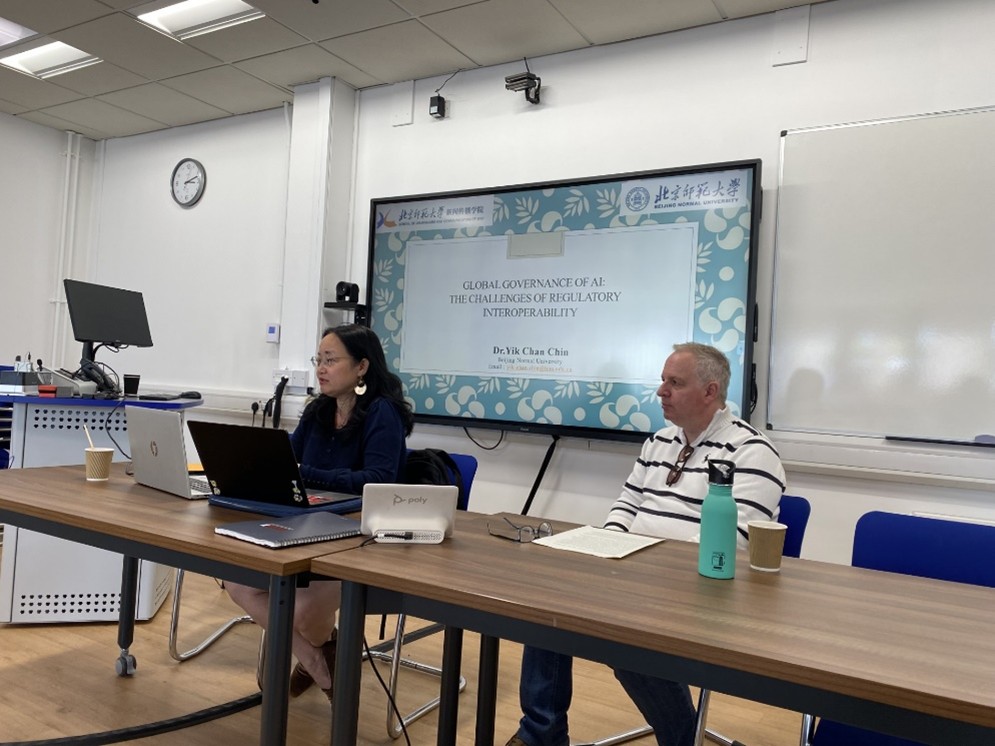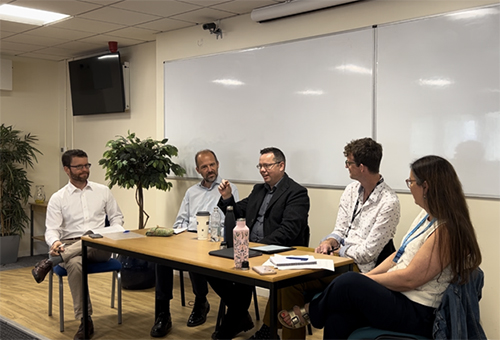-and-Anja-Mihr-(right).jpg)
GCRI steering committee member Alan Collins (left) and Anja Mihr (right)
Date: 23 January 2025
Speaker: Professor Anja Mihr, is a political scientist, consultant, senior lecturer, writer, and researcher specialising in International Human Rights Law, governance, public policy, and transitional justice/transitology, with a focus on Eurasia. She is the founder and programme director of the Center on Governance through Human Rights at the Berlin Governance Platform in Berlin, Germany, as well as the academic director of the Global Campus of Human Rights Central Asia and the MA Program in Human Rights and Sustainability (MAHRS) at the OSCE Academy in Bishkek, Kyrgyzstan. Web: www.anjamihr.com
Event description:
Professor Mihr centres her talk around arguing that one key difference in why some former Soviet republics or satellite states became democratic while others did not is the level and intensity—exclusive or inclusive—of applying transitional justice measures after 1991.
In her talk, she covers a wide breadth of case studies, highlighting that levels of freedom and self-governance of some states relative to others did not equate to swifter nor effective democratic transitions following independence and dissolution of the Soviet Union. Examples here include the cases of Latvia, Lithuania and Estonia, who enjoyed greater freedoms compared to other Soviet republics but not on par with satellite and aligned states like Hungary, Poland and Yugoslavia, but nevertheless made more rapid and sustaining transitions to democracy.
Consequently, the level of freedom experienced by a former Soviet republic does not determine its success or failure in achieving democratisation. From this she explores other factors and processes that account for successful democratic institution-building, crucially identifying and unpacking transitional justice and its formulation and impacts for democratic transitions across various post-Soviet states.


-and-Anja-Mihr-(right).jpg)



